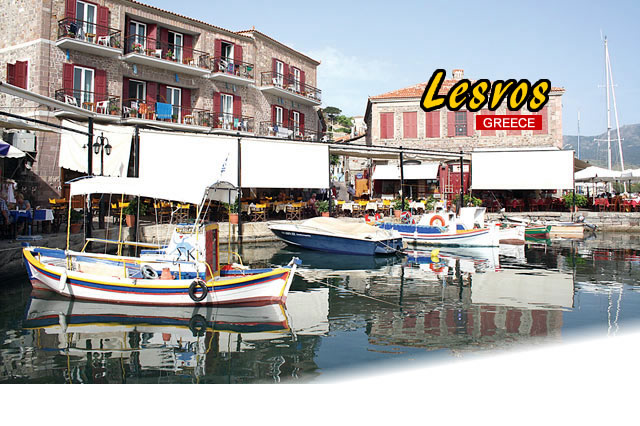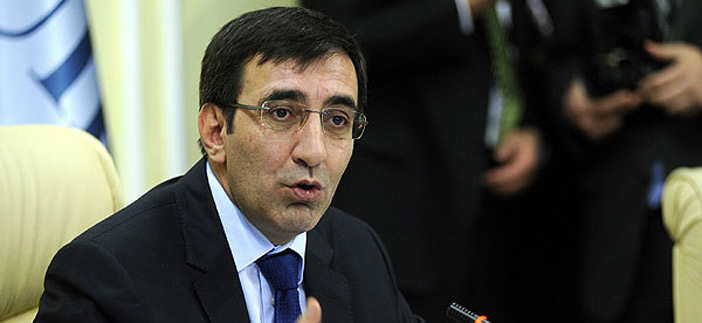Erdoğan: CMK revision will not end our anti-coup fight
Contrary to the worries of many people in Turkey, Prime Minister Recep Tayyip Erdoğan has said a planned revision to Article 250 of the Code on Criminal Procedure (CMK), which gives special authority to courts and prosecutors to investigate organized crime and coup plots, will not weaken the hand of Turkey in its fight against coups and coup plotters.
The prime minister appeared on a live TV program, Başbakan ile Özel Gündem (Special Agenda with the Prime Minister), on Wednesday evening. He answered the questions of four journalists who hosted the program. One of the questions was about a planned amendment to CMK Article 250. The article gives prosecutors special authority and allows them to investigate terrorist groups and crimes organized against the constitutional order. It also gives civilian prosecutors the power to investigate military personnel accused of crimes that threaten national security, violate the Constitution and attempt to topple the government during peacetime. Turkey’s legal community believes that a change in the article may hamper Turkey’s efforts to fight coups and other evil activities against the constitutional order and national will.
Erdoğan said the amendment on the CMK article has not been completed yet. However, he avoided making any clarification about the contents of the planned amendment. “The fight against coups will not be over [because of the amendment]. Have we not exerted efforts to fight against Ergenekon, Balyoz, gangs and mafias so far? Have we not taken all those steps [against coups]? Any step to be taken backwards is out of the question,” he stated.
Legal experts at the Prime Minister’s Office are continuing their work on the CMK amendment. Jurists are, however, worried that if the amendment aims to divest civilian prosecutors of their authority to investigate crimes committed against the constitutional order, then such a move could impede the ongoing coup cases. Some of the most important cases undertaken by specially authorized courts are the Balyoz (Sledgehammer) trial and the Ergenekon trial, where suspects are accused of attempting to overthrow the government, in addition to a case against the Kurdistan Communities Union (KCK), where suspects are accused of being involved in terrorism.
Erdoğan hinted that the planned change to Article 250 may be linked to an arrangement about the period suspects in coup cases are forced to stay in prison. Turkey is often the center of criticism as suspects in coup cases are forced to stay in prison for a long period of time until their trials are completed. “There are people who are forced to stay in prison even though they may be released pending trial. They may be members of the military, journalists or politicians. It is not important who they are. This situation places the judiciary in a tight spot. People’s trust in the judiciary has started to decrease though it was on the rise [until the recent past]. We need to find a solution,” the prime minister asserted.
The prime minister also dropped hints that after the article is amended prosecutors will have to obtain permission from the Prime Minister’s Office to investigate its bureaucrats. He said its bureaucrats receive orders for any activity from the Prime Minister’s Office, and therefore should not be subject to investigation if the office does not allow such action. “As the prime minister, I have to protect my undersecretary, for example. If they [prosecutors] need to take someone [as part of an investigation], then they should take me because I give them [bureaucrats] orders for their activities,” he said.
The Justice and Development Party (AK Party) started to draft a bill seeking to stipulate that permission must be obtained from the prime minister ahead of investigations into intelligence officials after a prosecutor summoned National Intelligence Organization (MİT) Undersecretary Hakan Fidan to testify in the ongoing KCK investigation in February.
On Thursday, Deputy Prime Minister Bekir Bozdağ also spoke to reporters about the ongoing work on the planned CMK amendment and said the amendment “would not seek to lift the punishment of anyone who has committed a crime.” He said the amendment would be related to procedural changes, but refused to elaborate.
In response to a question on whether special courts would be dissolved, Bozdağ said: “There were state security courts in the past. They were abolished, and special courts were established to replace them. They are functioning now. But there is strong criticism [about their functions]. We need to evaluate those courts and take the necessary steps. We have work related to the courts, but the details are not clear yet. We will share the details with you once they are clear.”
Coup cases not to be impacted by CMK amendment
A report that appeared in the Star daily on Thursday suggested that the ongoing Ergenekon, Balyoz and KCK trials will not be impacted by the planned amendment to Article 250. Special courts will continue to hear those trials.
The amendment is being coordinated by Efgan Ala, an undersecretary at the Prime Minister’s Office, and closely followed by Deputy Prime Ministers Beşir Atalay and Bekir Bozdağ, according to Star. The decision to amend reportedly came in the wake of criticism from the European Court of Human Rights (ECtHR) concerning the ongoing trials held by special courts.
AK Party Deputy Chairman Zelkif Kazdal said rumors that the planned CMK amendment will help save coup suspects from prison do not reflect the truth. “Ongoing cases will not be impacted even if an amendment is made [to the CMK article]. What will be amended is the procedure for trying suspects. People who committed crimes will definitely be tried and punished. Punishments for crimes are defined in the Turkish Penal Code [TCK]. We are not thinking of a change in those punishments,” he stated.
According to Star’s report, special courts will only look into cases related to crimes committed by armed terrorist organizations after the article is amended. The courts will no longer deal with the organized production and sale of drugs, organized crimes committed through the use of force and threats, crimes of spying and crimes committed against the constitutional order.
In addition, ongoing investigations into the Sept. 12, 1980 and Feb. 28, 1997 military coups will be taken from special prosecutors and forwarded to prosecutors working in the Ankara Chief Prosecutor’s Office. Similarly, investigations into the air strike that killed 34 civilians on the Turkish-Iraqi border near Uludere last December and a helicopter crash that killed former Grand Unity Party (BBP) leader Muhsin Yazıcıoğlu and five others in 2009 will no longer be carried out by special prosecutors.




